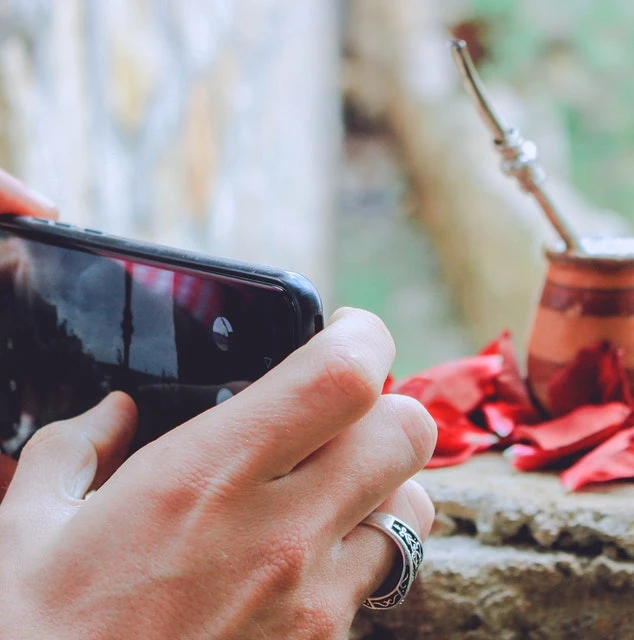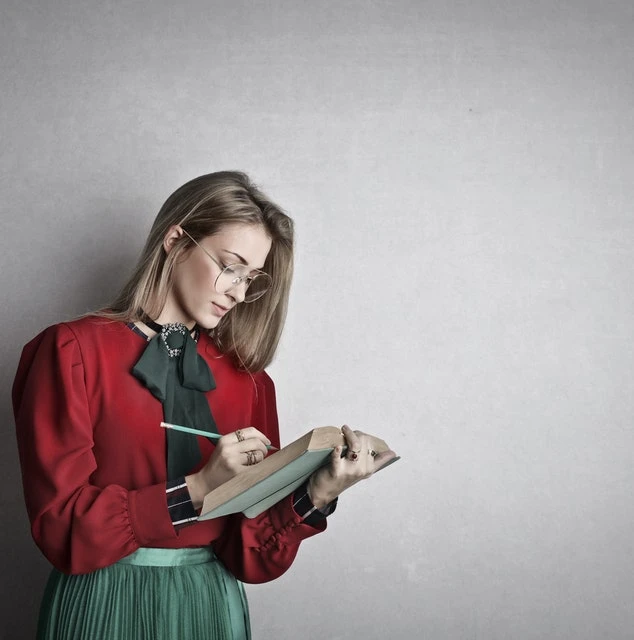Water is an essential resource in the world. It’s estimated that only about 3% of the world’s freshwater is available for human use, and only 1% is drinking water. However, this critical resource is being polluted by all sorts of industries.
The most common pollutants in water are chemicals and waste. It is estimated that more than 300,000 different chemical compounds are being produced by industry daily, and over 400 pesticides have been approved for use worldwide. Many of these chemicals find their way into our waterways through sewage and wastewater discharge or the application of fertilizers to croplands.
You may not realize it, but water pollution could affect your household in several ways. Here are ways water pollution is affecting your family.
Health Risks
One of the most common ways that water pollution affects households is through the health risks it poses. Water pollution can contain harmful bacteria and viruses that can cause several illnesses, including gastrointestinal problems, skin infections, and respiratory diseases. These health risks are especially pronounced in children, the elderly, and those with weakened immune systems. If you’re concerned about the health risks posed by water pollution, be sure to talk to your doctor or healthcare provider.
Damage to Household Appliances
Another way that water pollution can affect your household is by damaging your appliances. Over time, the chemicals and pollutants in contaminated water can corrode pipes and damage washing machines, dishwashers, and other water appliances. This damage can lead to costly repairs or replacements.
Stained Clothing and Linens
In addition to damaging your appliances, water pollution can stain your clothing and linens. So if your laundry comes out of the wash looking stained or discolored, it could be due to water pollution.
Expensive Utility Bills
Finally, one of the most significant ways water pollution affects households is by increasing utility bills. As contaminated water corrodes your appliances and pipes, you may use more water than usual to get things done around the house. This increase in water usage could also lead to higher electricity or gas bills.
Water pollution is a problem that affects everyone, even if most people don’t realize it. Water pollution can significantly impact people’s lives, from health risks to appliance damage. These effects will likely become more pronounced as water pollution levels rise worldwide. So how can you mitigate the impact of water pollution in your household? Here are some ways.
Conserve Water
The first step will always be to conserve water. By reducing your household’s overall water usage, you can limit the amount of pollution that enters your home in the first place. Here are ways you can start conserving water.
Replace Leaky Appliances
Leaks are a significant source of household water waste, so take the time to repair or replace any leaking appliances. One common appliance that’s susceptible to leaks is your dishwasher. It’s estimated that 3 out of 10 households have hidden leaks in their dishwashers. Make sure to replace yours once it starts leaking. You can hire a professional dishwasher installation service for this. They can ensure that your dishwasher uses less water and that it’ll never leak in the future.
Install Water-Saving Fixtures
Another way to conserve water is by installing water-efficient fixtures and appliances in your home. Low-flow toilets, showers, and faucets can help reduce overall water usage and help protect local waterways from pollutants. You can even install greywater systems that reuse used water for gardening, flushing toilets and watering plants.
Use a Filtration System
If you want your family to be safe from water-borne illnesses and keep your appliances from being damaged by polluted water, consider using a water filtration system. These systems can remove most pollutants from your household’s drinking and bathing water, making it safer for you and your family.
Collect Rainwater
Rainwater is one of the best ways to reduce overall water usage, especially in an area with a lot of rainfall. You can use it for watering plants, washing clothes and dishes, and general household tasks. This reduces the amount of freshwater that needs to be treated for drinking or cleaning purposes. Here are two ways you can start collecting rainwater.
Rain Barrels
Installing rain barrels in your home’s gutters can help catch and store rainwater. This helps reduce runoff and minimizes the water that needs to be treated before it enters your household’s pipes.
Water Tank
A more advanced method of collecting rainwater is installing a large tank or cistern on your property. This system can collect, filter, purify and store rainwater for later use.
Overall, water pollution is a severe problem that affects everyone – but with some simple conservation measures, you can protect yourself from many of its effects. So take action today to help reduce water usage in your home and mitigate the impact of water pollution on you and your community!








